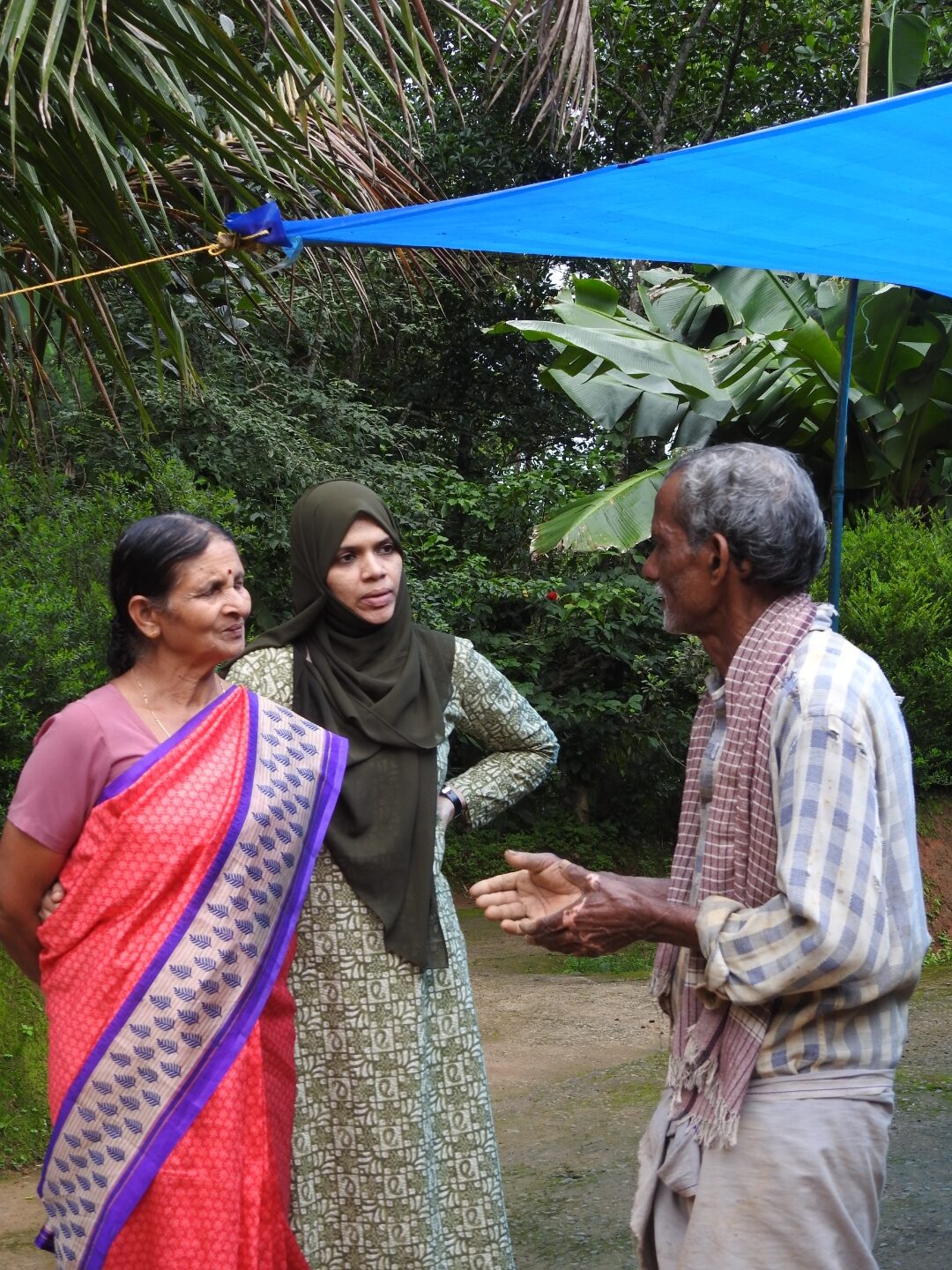
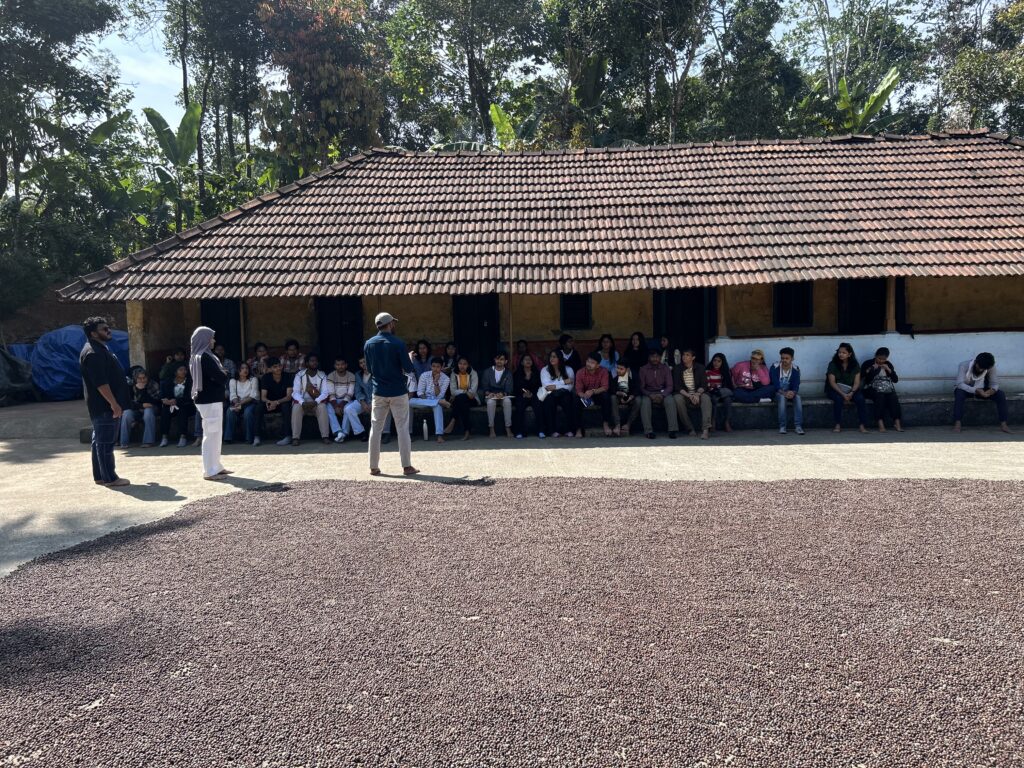
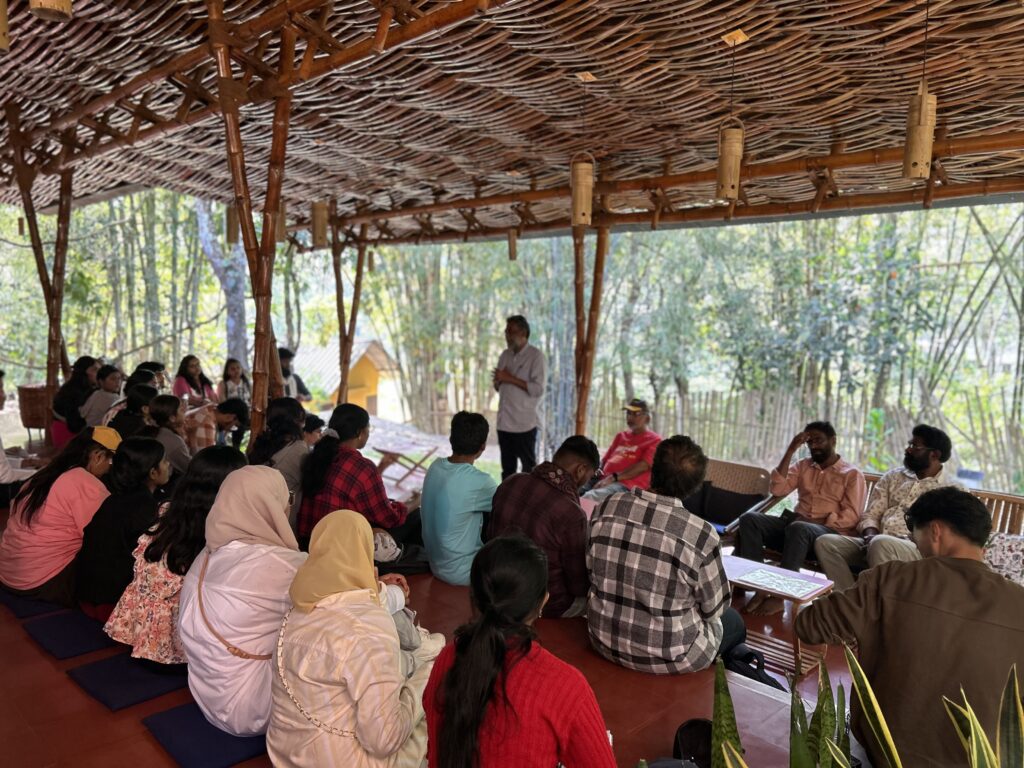
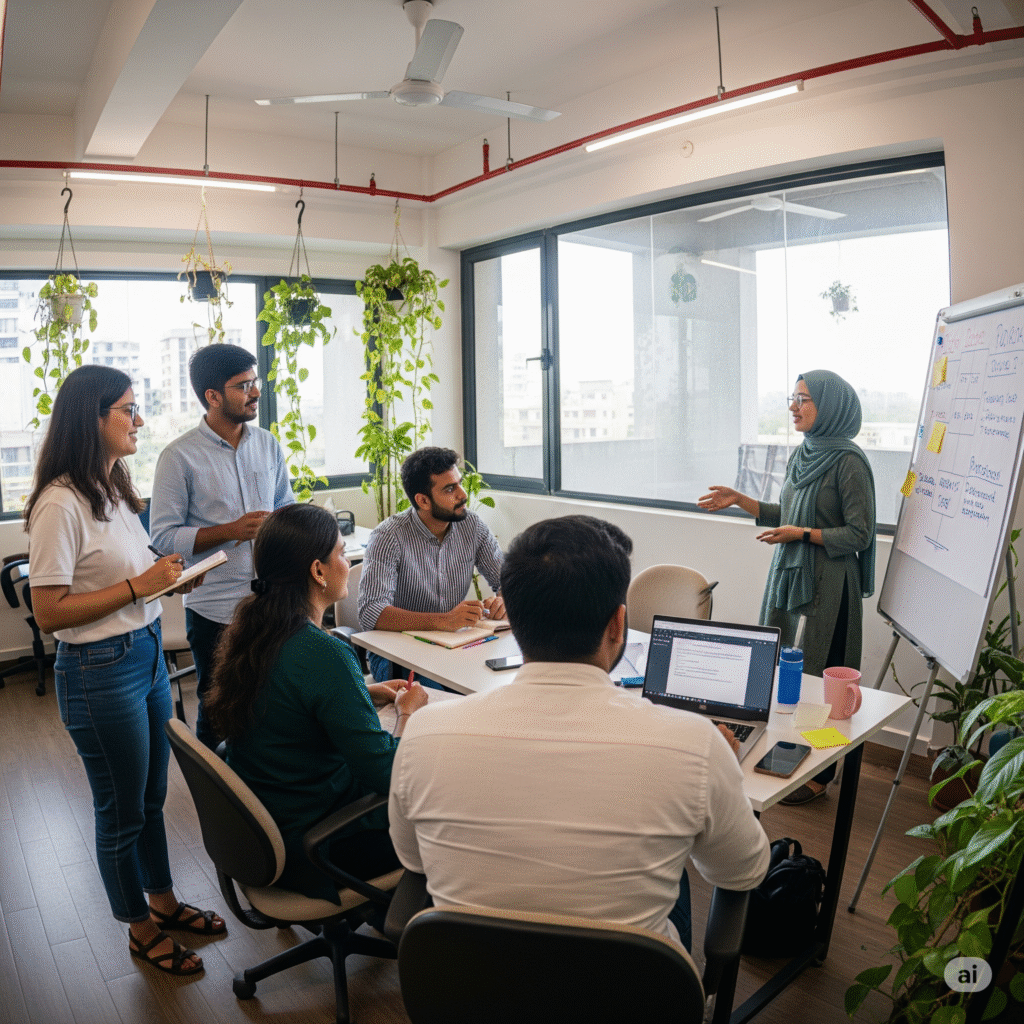
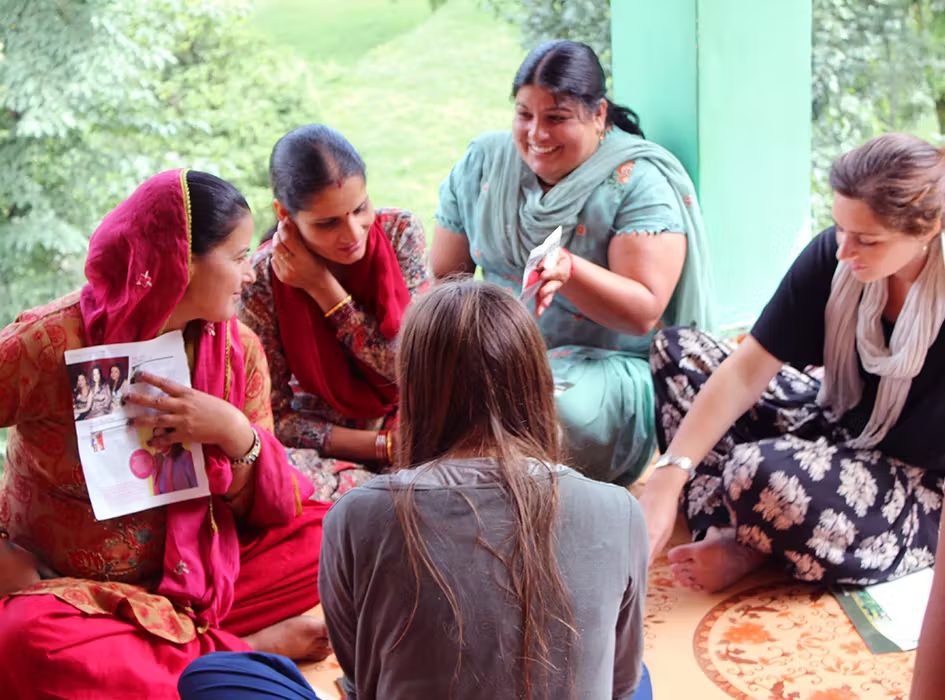
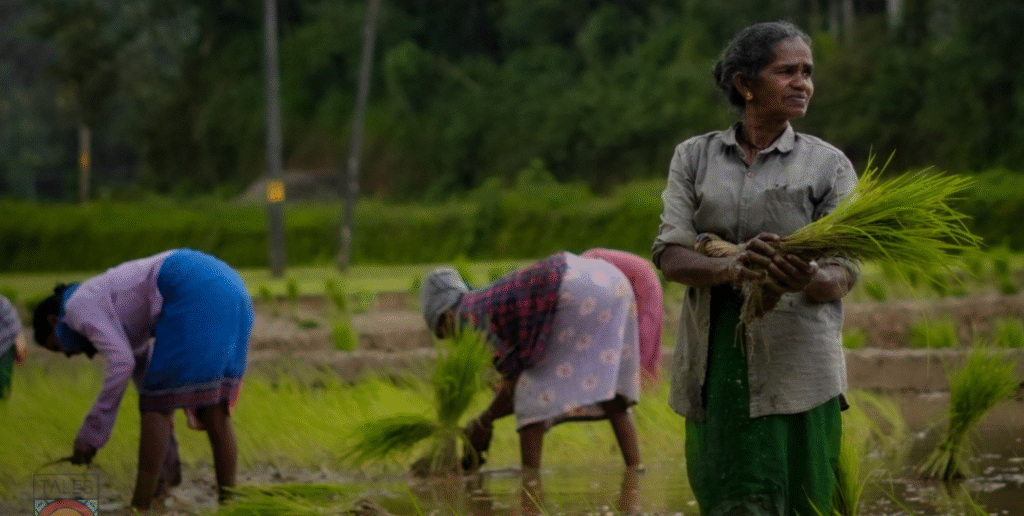
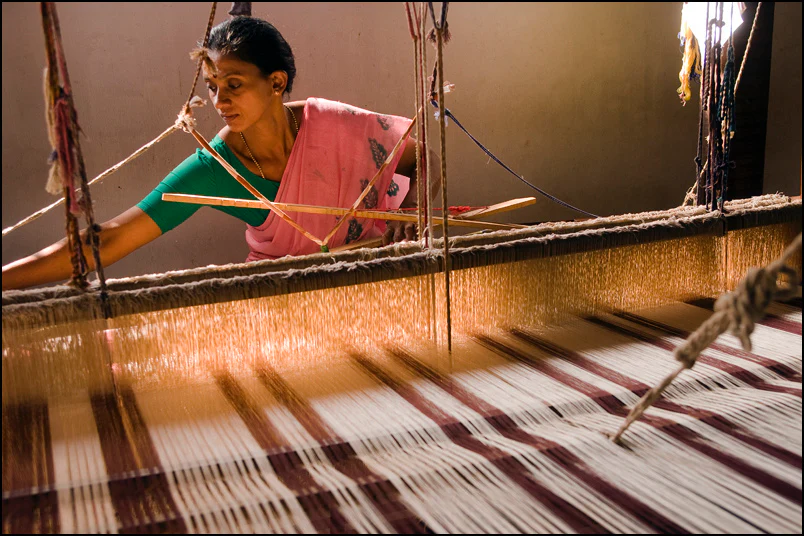
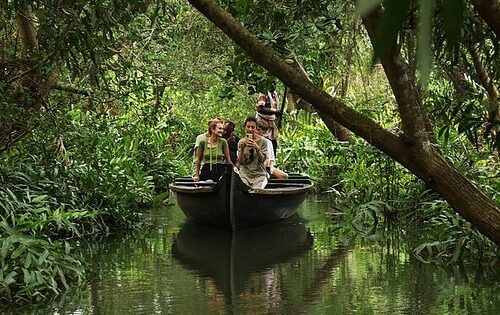
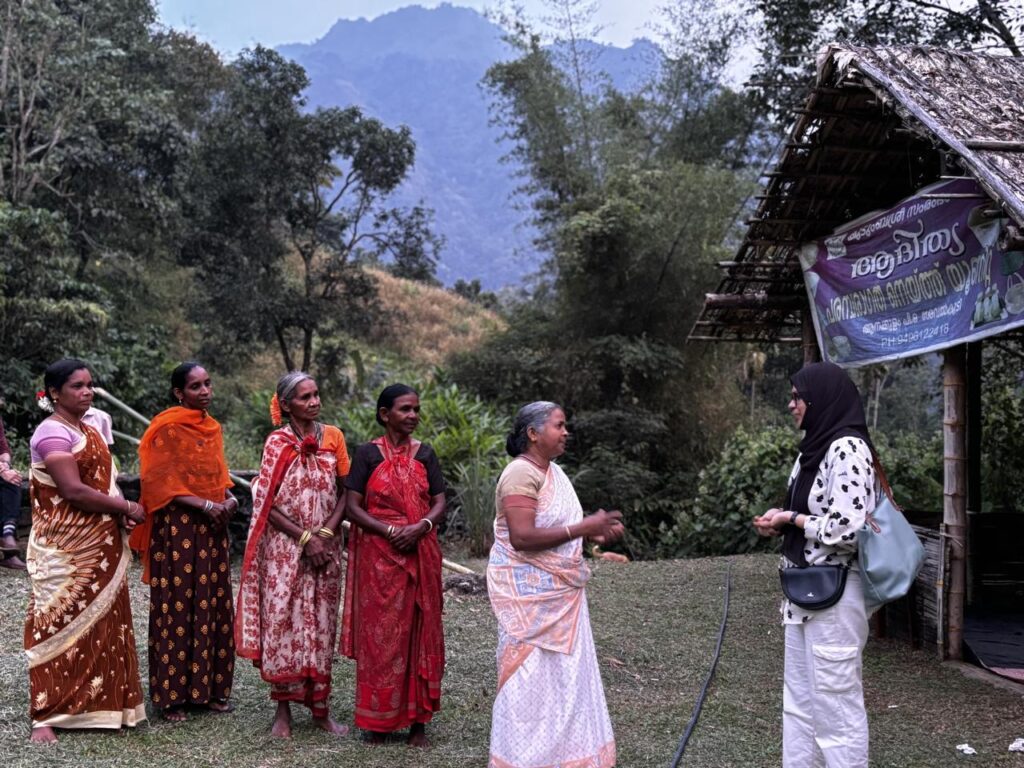
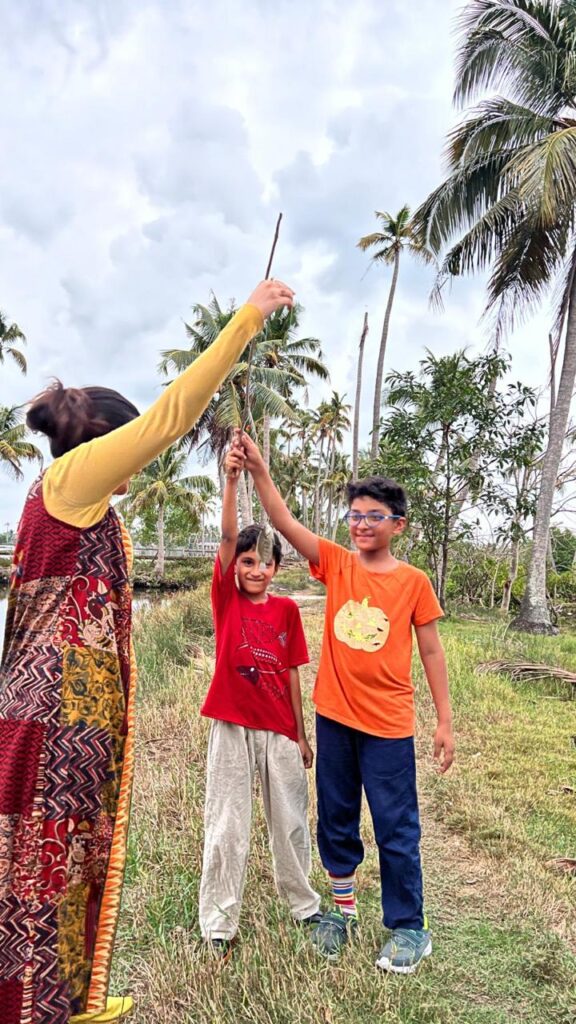
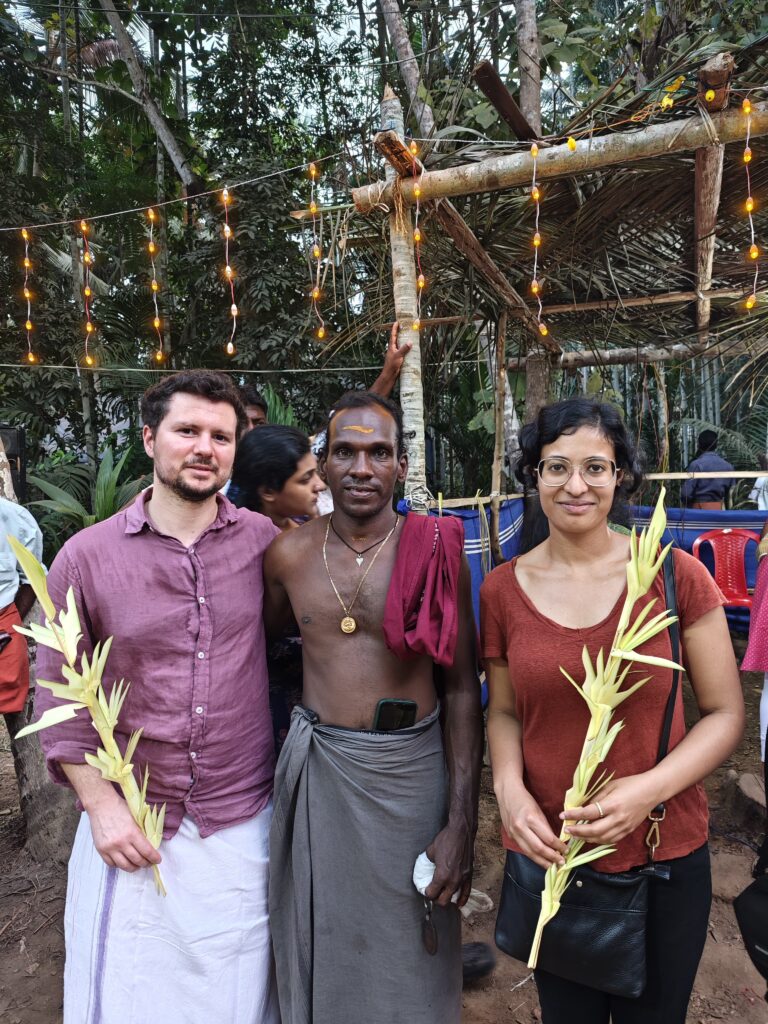
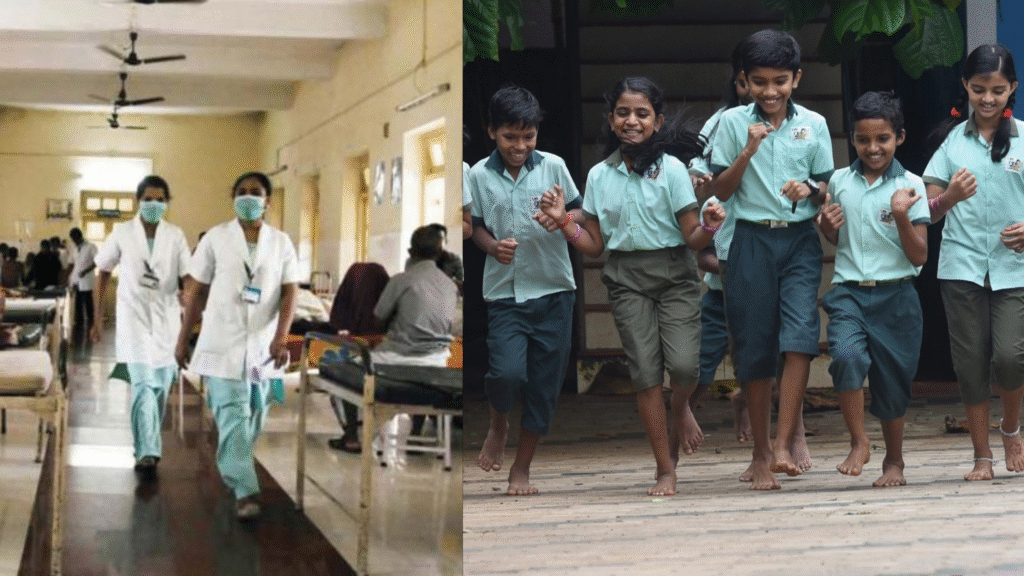
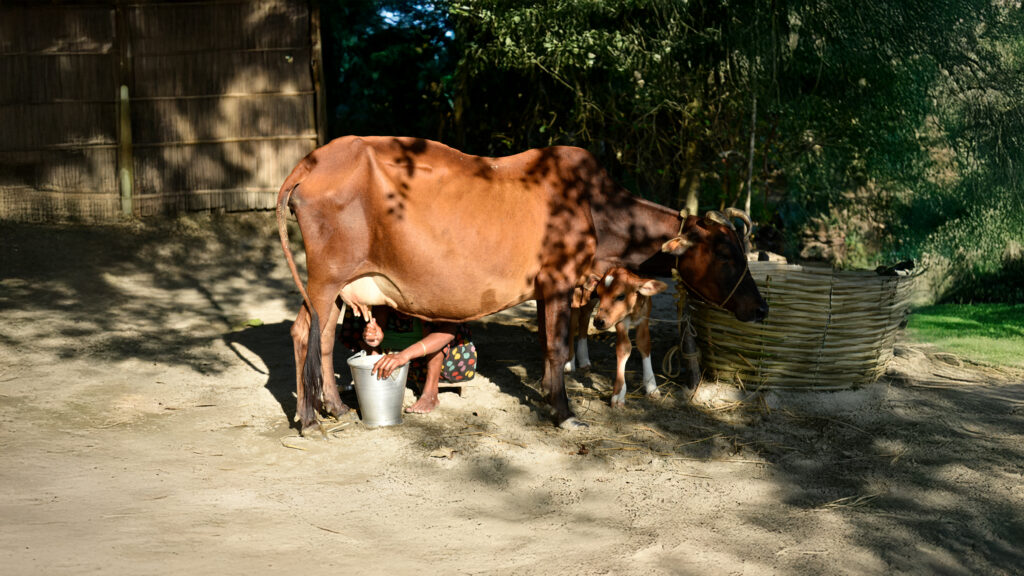
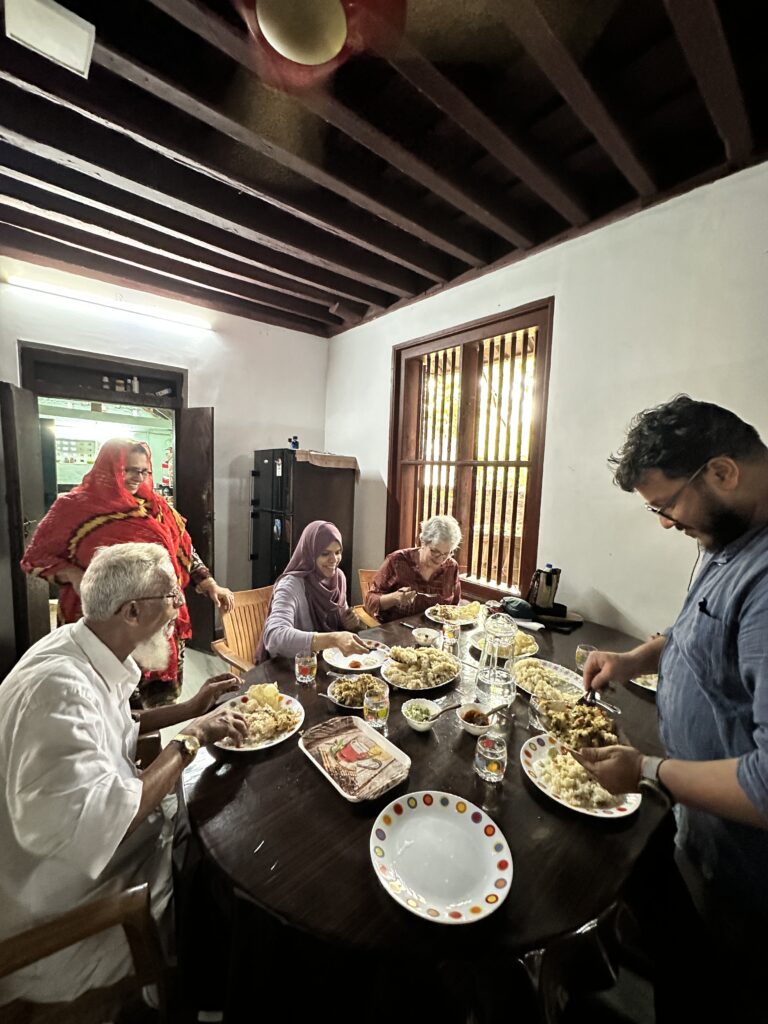
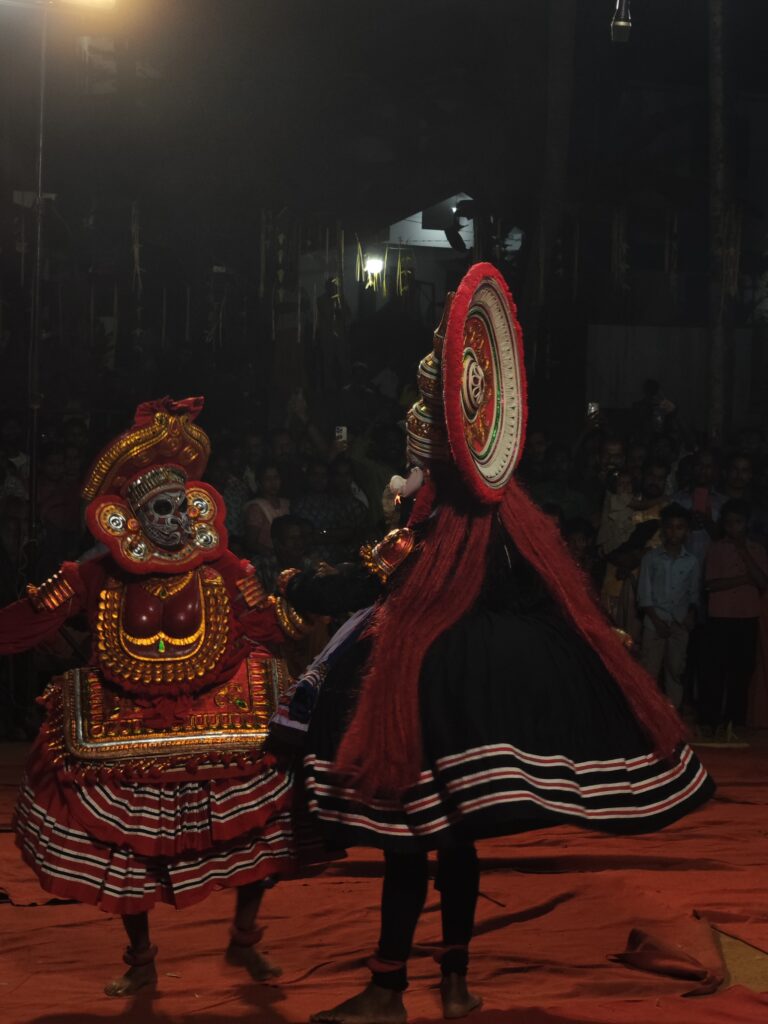
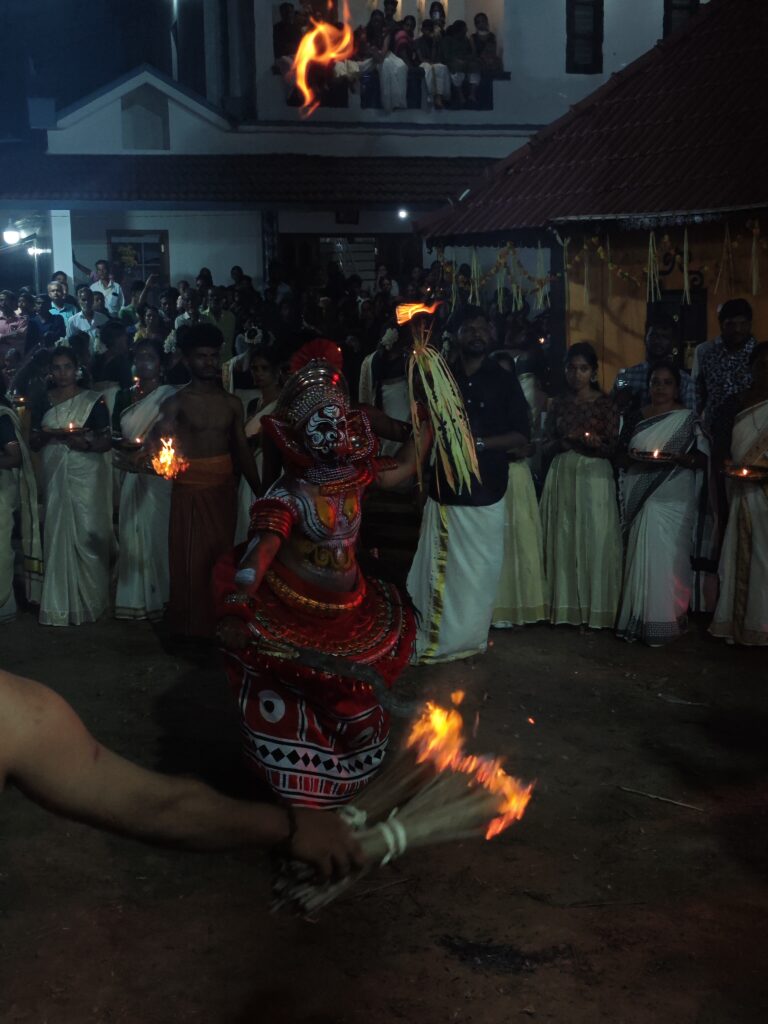
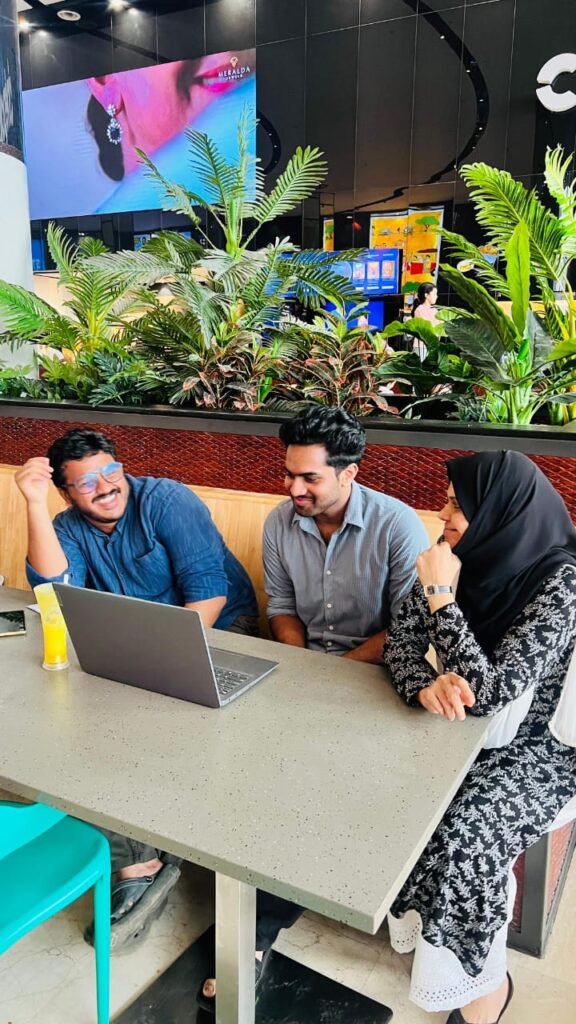


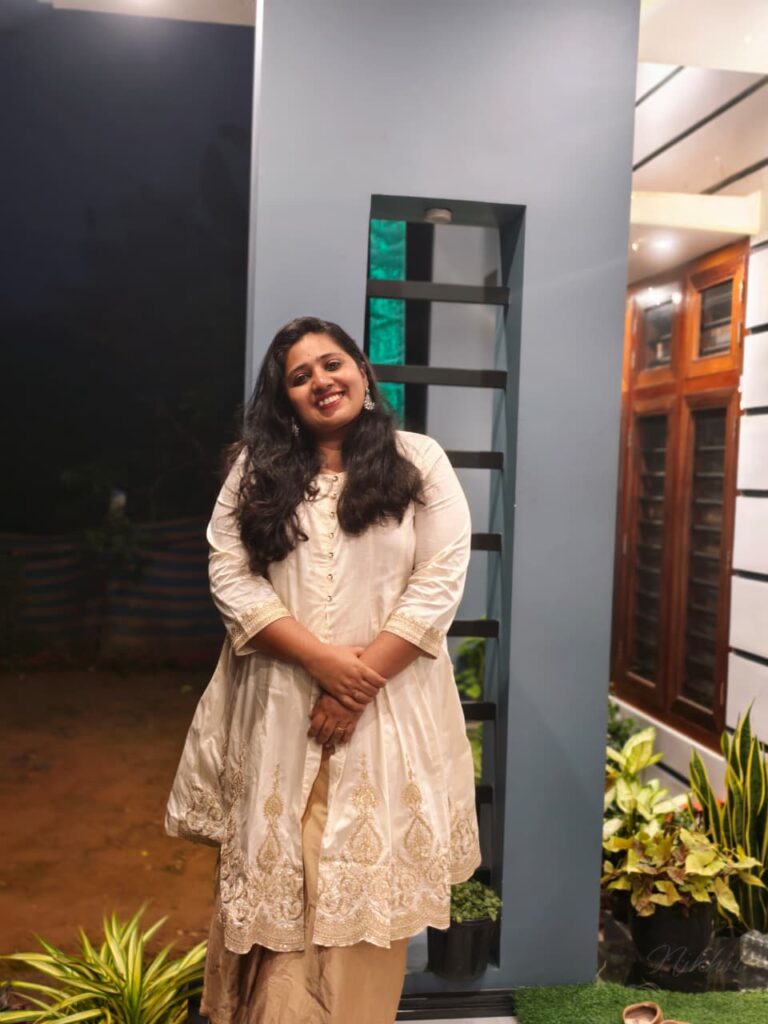
Academic Program Coordinator
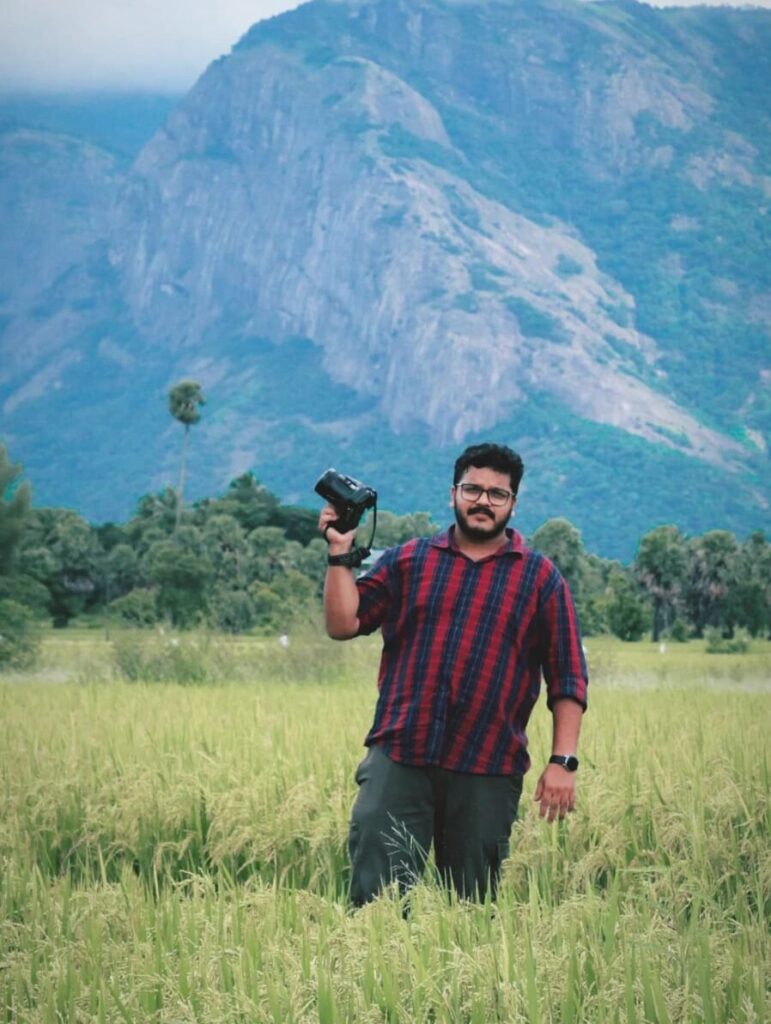
Program Curator
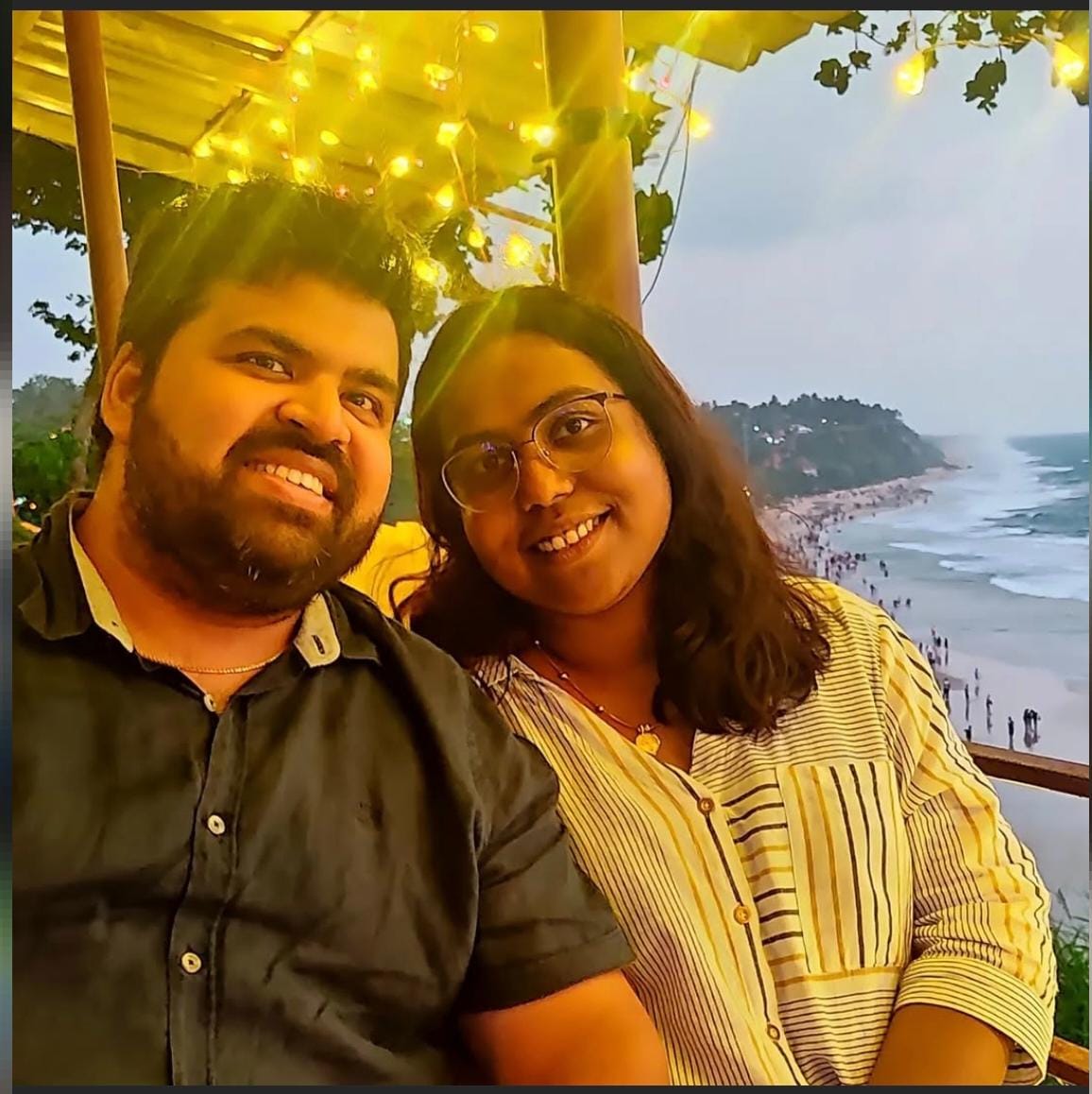
Planning a two-week journey through Ooty, Gudalur, Bandipur, Nilambur, Wayanad, and Calicut was no small task—especially with our focus on connecting with local communities for research. Thankfully, a friend recommended Tales India Tours, and we couldn’t be happier with the experience. From the start, their team impressed us with a tailor-made itinerary crafted specifically to meet our unique needs. Their commitment to responsible tourism shone through every aspect of the trip. The homestays they arranged in Ooty and Wayanad struck the perfect balance of privacy, cleanliness, and authentic local culture. What truly set this journey apart was the opportunity to meet inspiring individuals deeply involved in sustainable tourism initiatives—thanks to Tales India Tours' excellent local collaborations. Every interaction, every stop, reflected their passion for fostering meaningful, eco-friendly travel experiences. This wasn’t just a trip; it was a journey of learning, connection, and inspiration. If you're looking for a tour operator who goes the extra mile to make your experience both memorable and meaningful, Tales India Tours is the way to go!
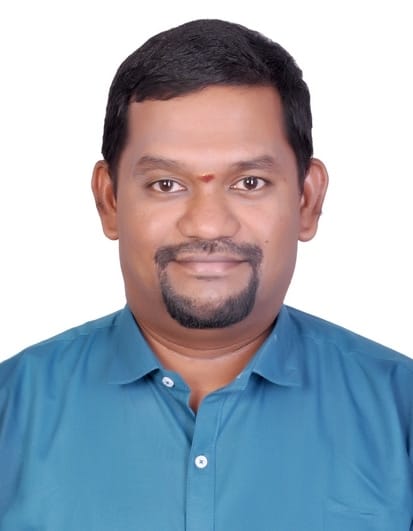
Hii, recently I had taken my team of students to Wayanad and Calicut in Kerala for a field excursion and my colleague brought the contact of TALES India Tours and Travels to plan and organize every part of the trip. It was a first time experience with the team and I had followed up with them for every minute detail since we were a team of 4 faculty and 36 students travelling outstation for 5 days. Right from the beginning, they assured us of taking care of every aspect without having to worry about anything during the trip. The local travel, accommodation, food, etc were taken care of with such concern, I must say I never came across this level of care by the tours authorities earlier. They were ready to welcome us at Calicut railway station and were there with us throughout till we boarded the return train at Calicut again. The time spent with them from welcome to farewell was truly memorable in every way. The gift given by them while on our return journey was such a sweet gesture, it will always be cherished in our department. They blended with the student crowd with immense care and affection. There was no stone unturned to ensure the safety and security of all. Their friendly and warm smile and greetings assured us of the comfortable stay throughout. The way they handled the tantrums of some students was highly commendable. For any last minute change in the requirement, they were ready. We got an exhilarating experience of the local fresh food, traditional homestays with warm and friendly hosts, safe travel, etc. Every student and staff member truly agree to the fact that the trip was an overall enriched experience owing to the utmost care taken by the TALES management that we get the best of treatment in the most affordable costs. The experience was indeed much beyond expectations. Hopefully not missing out on anyone, but the interactions with Ms. Naaz, Mr. Naseem, Ms. Akshaya and all those who were there throughout have been memorable and we truly recommend TALES for any further planning of tours with any kind of group. It is assured that each member will be taken care of in the best possible way. Thank you thank you to each one of you! God bless all and keep up the good work! 😇✨☺️

I recently had the pleasure of exploring Wayanad with Tales India and I must say, it was an unforgettable experience!.The trip was made comfortable with AC bus services, which made our long journeys a breeze. Our homestays were wonderful, with our sweet host cooking delicious meals for us, making us feel right at home. Our local guides were knowledgeable and passionate about the local culture, history, and environment. We had engaging interactions with experts, including a National Photographer Awardee and environmentalists, which added depth to our experience. The tribal hamlet visit was a unique opportunity to learn about the conservative community's way of life. The camping experience was thrilling, with a scenic jeep ride, serene atmosphere, and refreshing morning trail. I'd like to specially mention Naaz Ma'am and Naseem Sir for their exceptional organization and guidance. Akshaya Ma'am's constant support, care, and arrangements, especially during my unexpected health issue, were truly appreciated. The food was exceptional, with delicious homemade meals, special dishes, and welcome drinks. Overall, I'd highly recommend for their well-planned itinerary, knowledgeable guides, and warm hospitality. I'm already looking forward to my next trip with them!

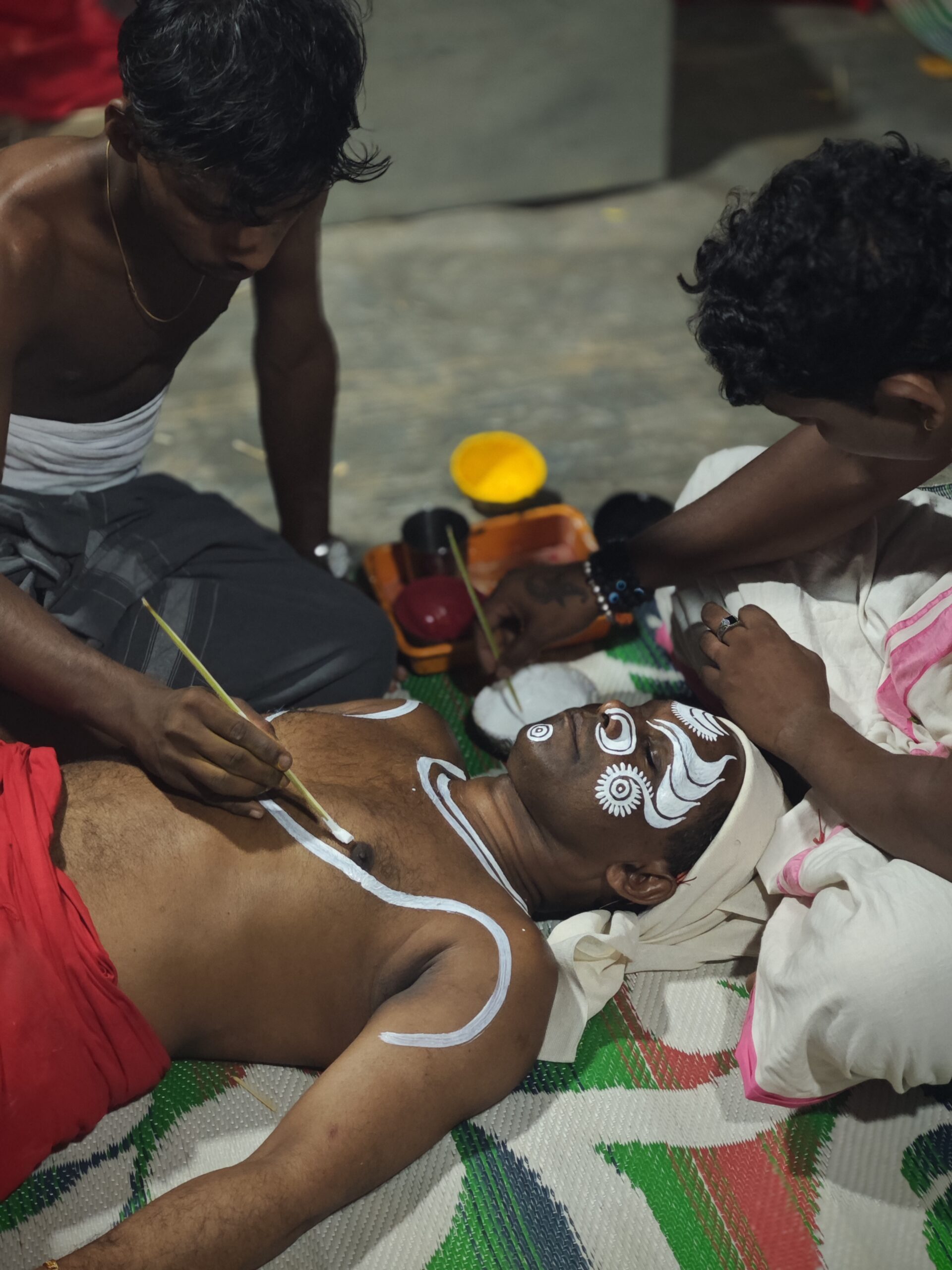
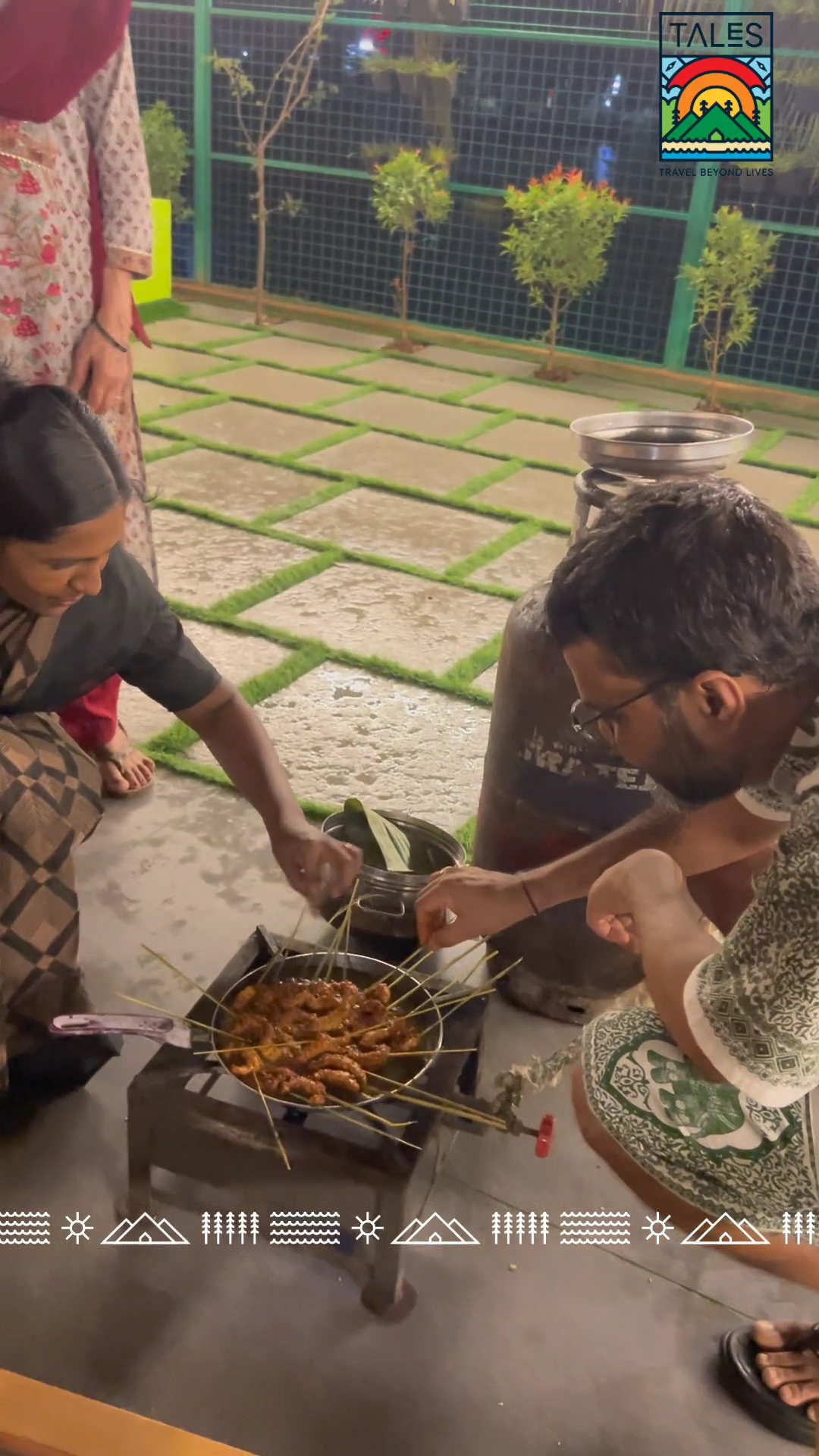
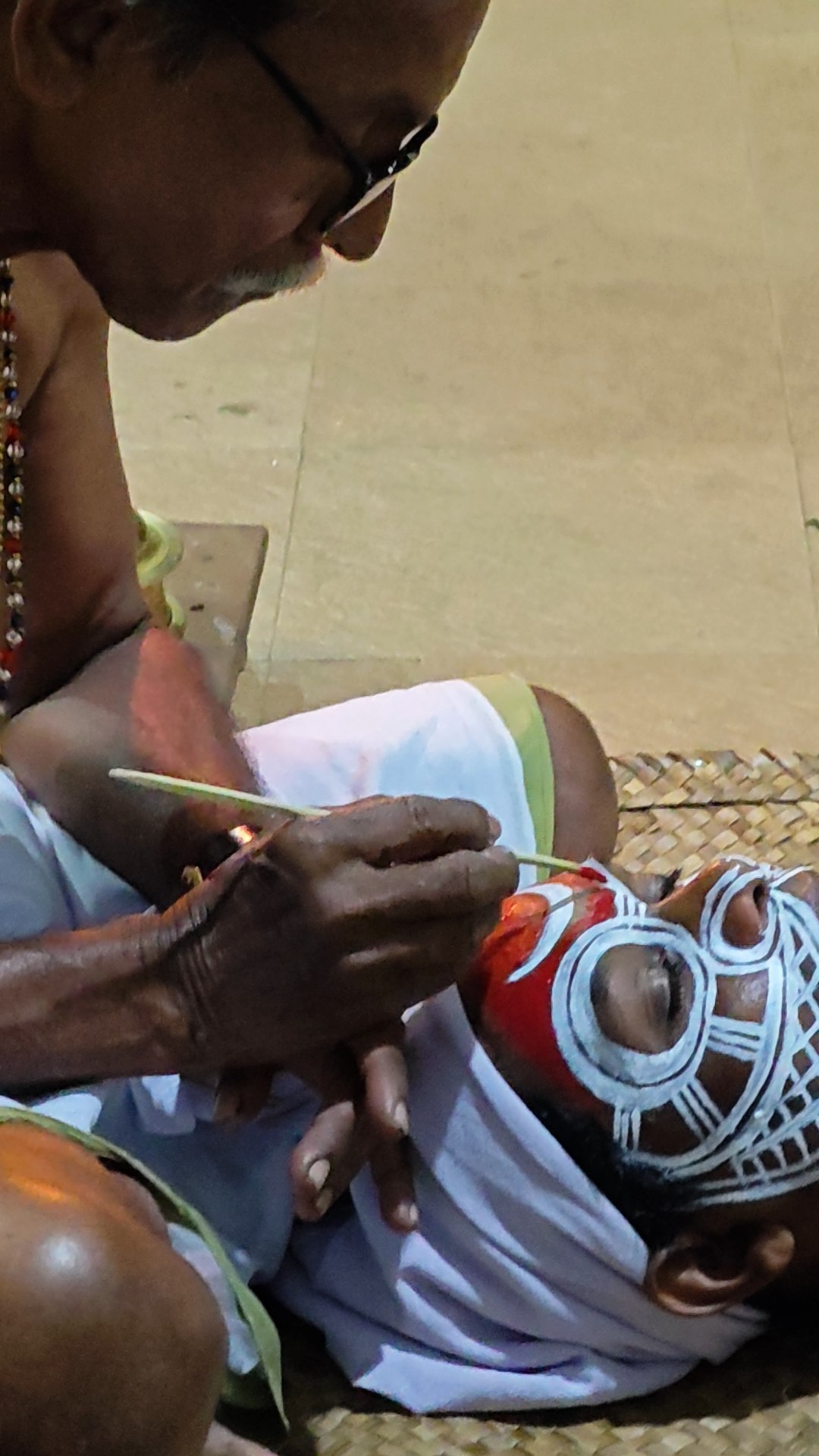
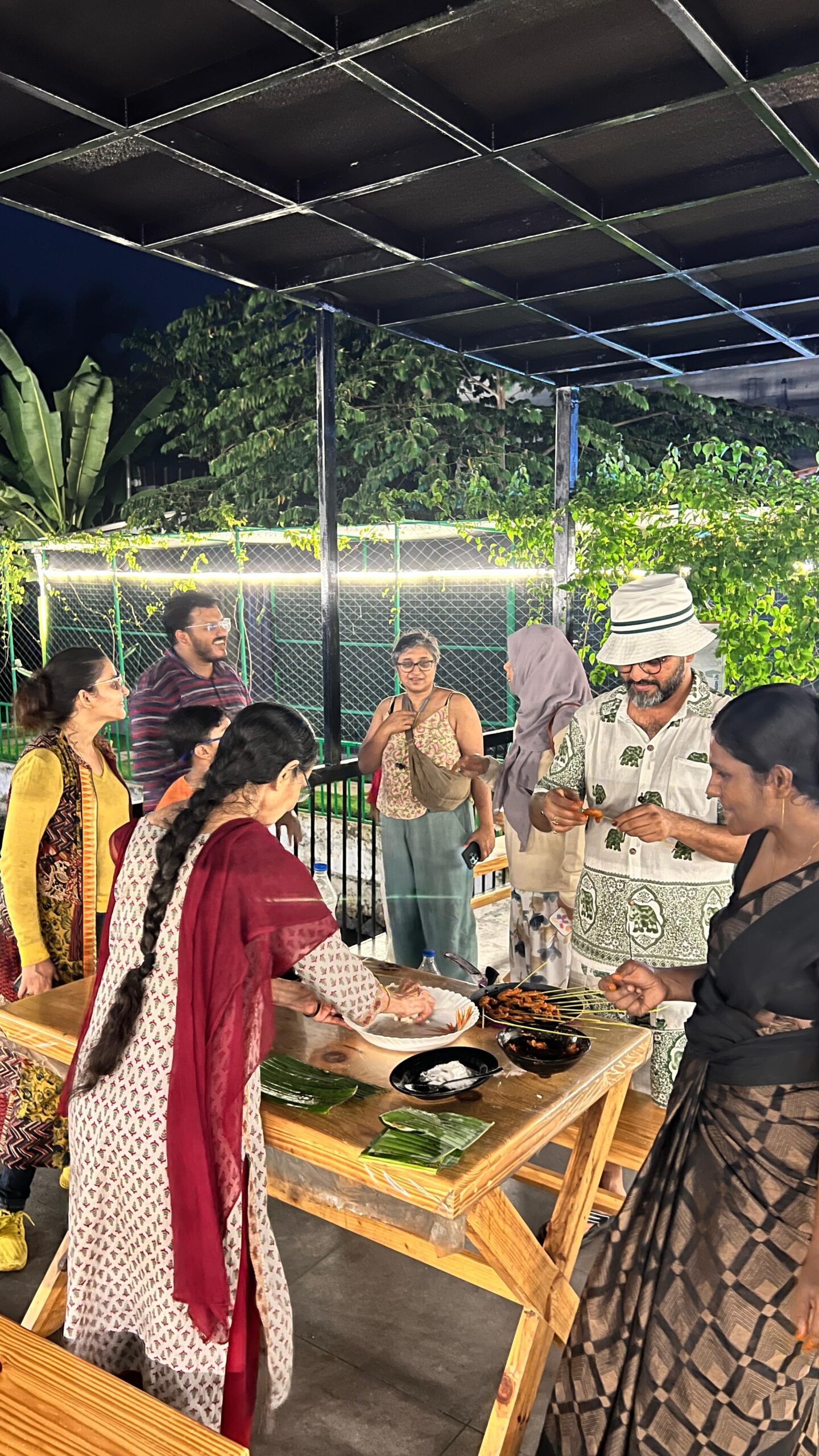
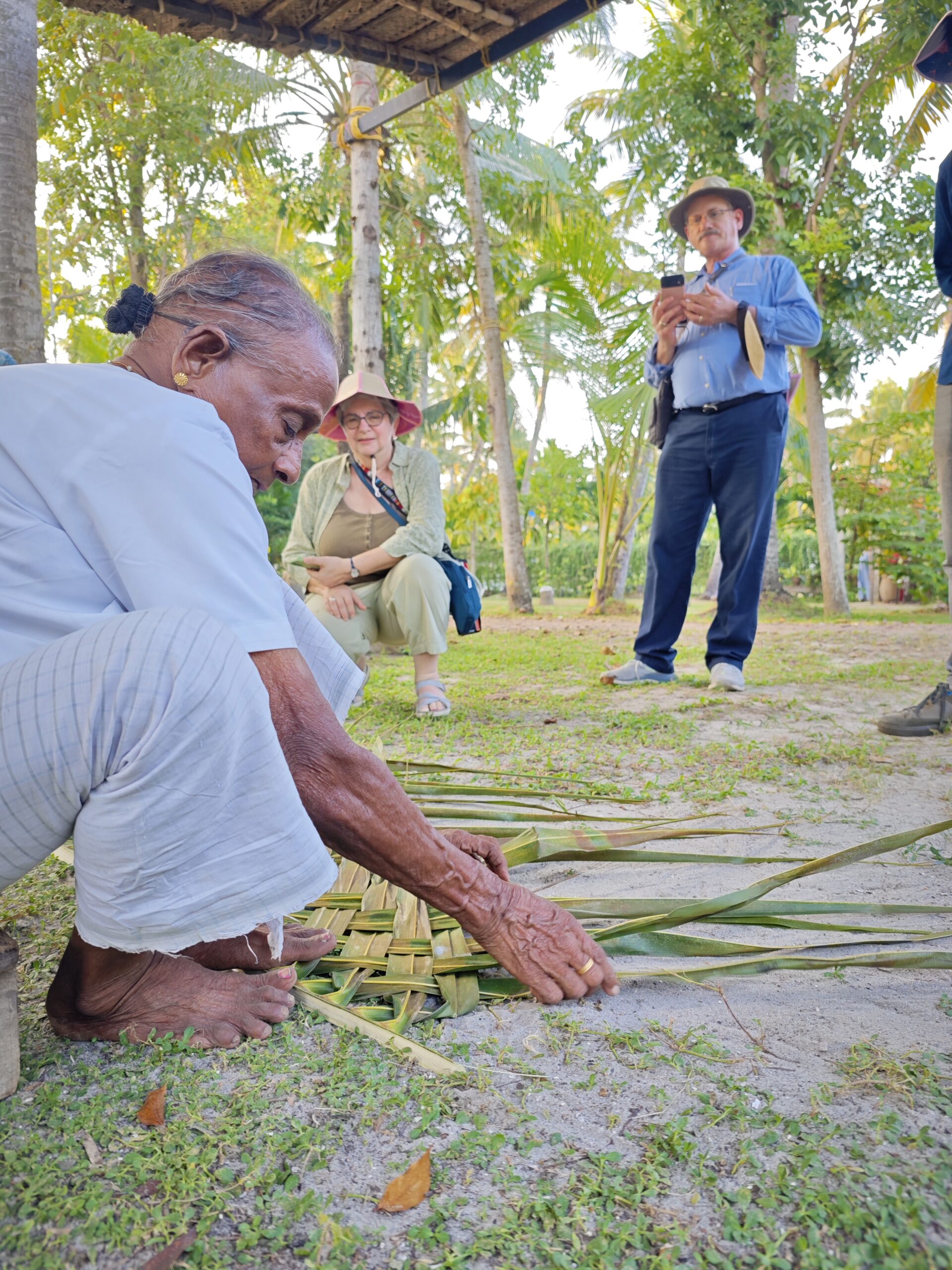
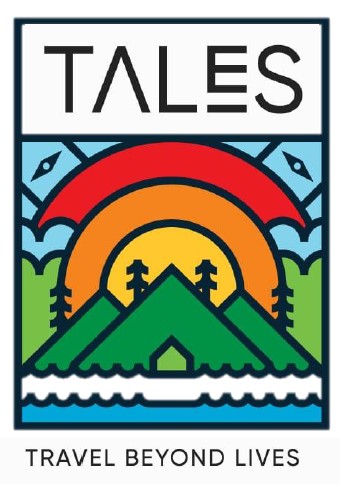
© 2025 All Rights Reserved to www.talesindiatours.com
TALES ENDEAVOURS LLP
Kozhikode, Kerala-673010
